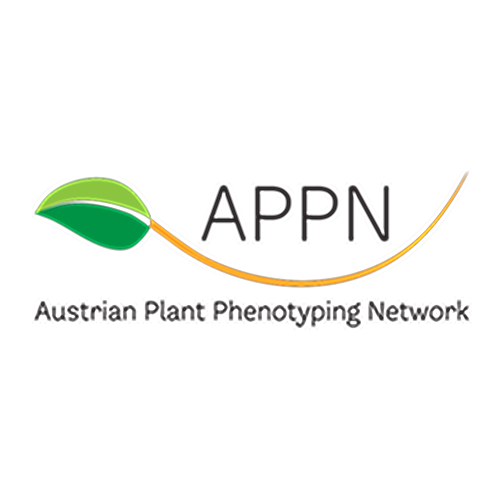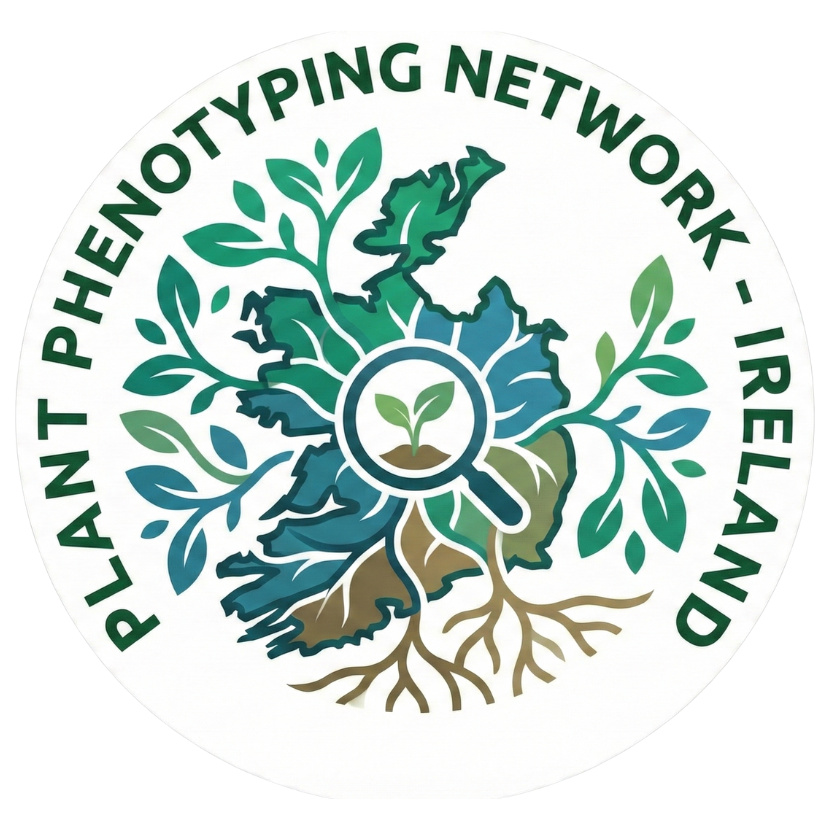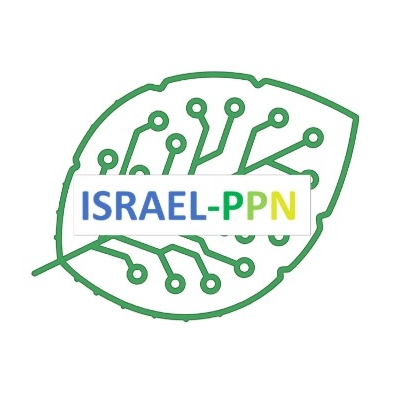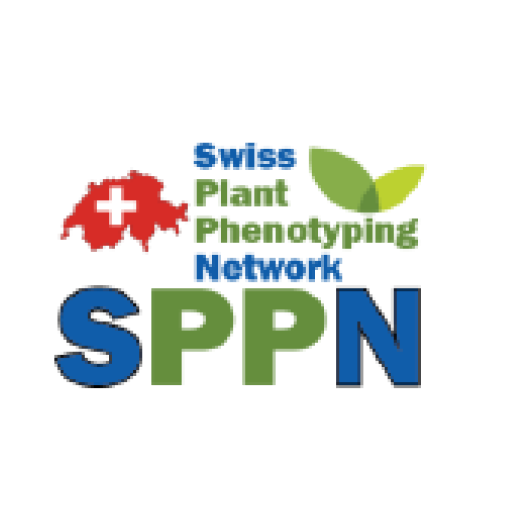Netherlands
Website: https://www.npec.nl/
The importance of plants for our future
Plants are absolutely essential to our future, where almost all our food, feed, and materials will be derived from plants. Our aim is to enable the development of novel adaptive crops and cropping systems required for future food production and food security without harming the planet.
Our plant phenotyping facilities will help meet the world’s future needs in terms of food and material security — one of the most exciting scientific endeavours for the future.
Plant phenotyping: A game changer
Plant phenotyping is the game changer that will make food security achievable and sustainable agriculture possible.
NPEC (Netherlands Plant Eco-phenotyping Centre) offers high-throughput and high-resolution data from plants, both above and below ground. Automatic phenotyping will dramatically increase the speed of plant breeding, significantly reducing the time to market for novel crop varieties.
Advanced capabilities and research focus
NPEC enables accurate, large-scale studies of plant performance in relation to both biotic factors (microbiome interactions, competition, disease) and abiotic factors (light, nutrients, temperature, moisture, soil pH, and atmospheric CO₂). These analyses can be carried out across multiple scales, from controlled environments to realistic growth conditions.
A national collaboration
NPEC is a joint initiative of Wageningen University & Research and Utrecht University. This integrated, national research facility is housed by both universities and co-funded by the Netherlands Organisation for Scientific Research (NWO).
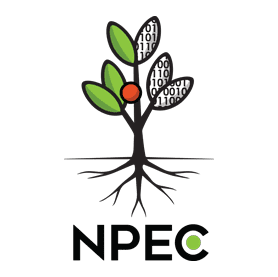
More Community members
Austria
APPN brings together Austria’s plant phenotyping community: researchers, breeders, data scientists, technology developers, to build shared infrastructure and methods, promote collaboration, and raise the profile of phenotyping nationally and in Europe.
Belgium
EMPHASIS-Belgium, the national node located in the host country for EMPHASIS-ERIC, takes a collaborative and service-oriented approach around multiscale plant phenotyping in Belgium via cutting-edge facilities, access provision and community engagement.
France
PHENOME-EMPHASIS provides indoor and field platforms with linked biochemistry, imaging, and data services to evaluate genotypes in diverse settings, advancing climate resilience and agroecology transitions.
Ireland
Irish agriculture drives crop yield and disease research. PPN-Ireland (2016), an SFI-backed network, connects eight institutes with key phenotyping facilities. Teagasc integrates diverse crop data with molecular tools to enhance global breeding innovation.
Israel
More information coming soon.
Italy
The Italian Plant Phenotyping Network (PHEN-ITALY) is an 18-partner Joint Research Unit (JRU). Its mission is to promote and coordinate the scientific community and relevant stakeholders’ participation in national plant phenotyping research.
Norway
PheNo provides a distributed national infrastructure across Norway for high-resolution controlled environment, field and seed phenotyping and data analysis services to support research and educational needs in academia and industry.
Portugal
EMPHASIS.PT established a cohesive phenotyping network (12 institutes and 2 labs) across mainland Portugal and Madeira. Leveraging diverse agro-climates, they invest in advanced technologies (drone/satellite imaging, metabolomics) to study plant adaptation, strengthen international standing, and drive capacity in EU projects.
Switzerland
The SPPN's research spans from fundamental ecological/biological studies using model plants to applied research on field and orchard crops. It provides comprehensive phenotyping infrastructure available at multiple scales: landscape, field, individual plant, and organ levels.
United Kingdom
PhenomUK comprises 15 research centres/universities housing controlled and field phenotyping platforms. These are organised into 8 targeted clusters: photophysiology, 3D/growth, health/disease, protected environments, drones, deep field, advancing practice, and digital.
